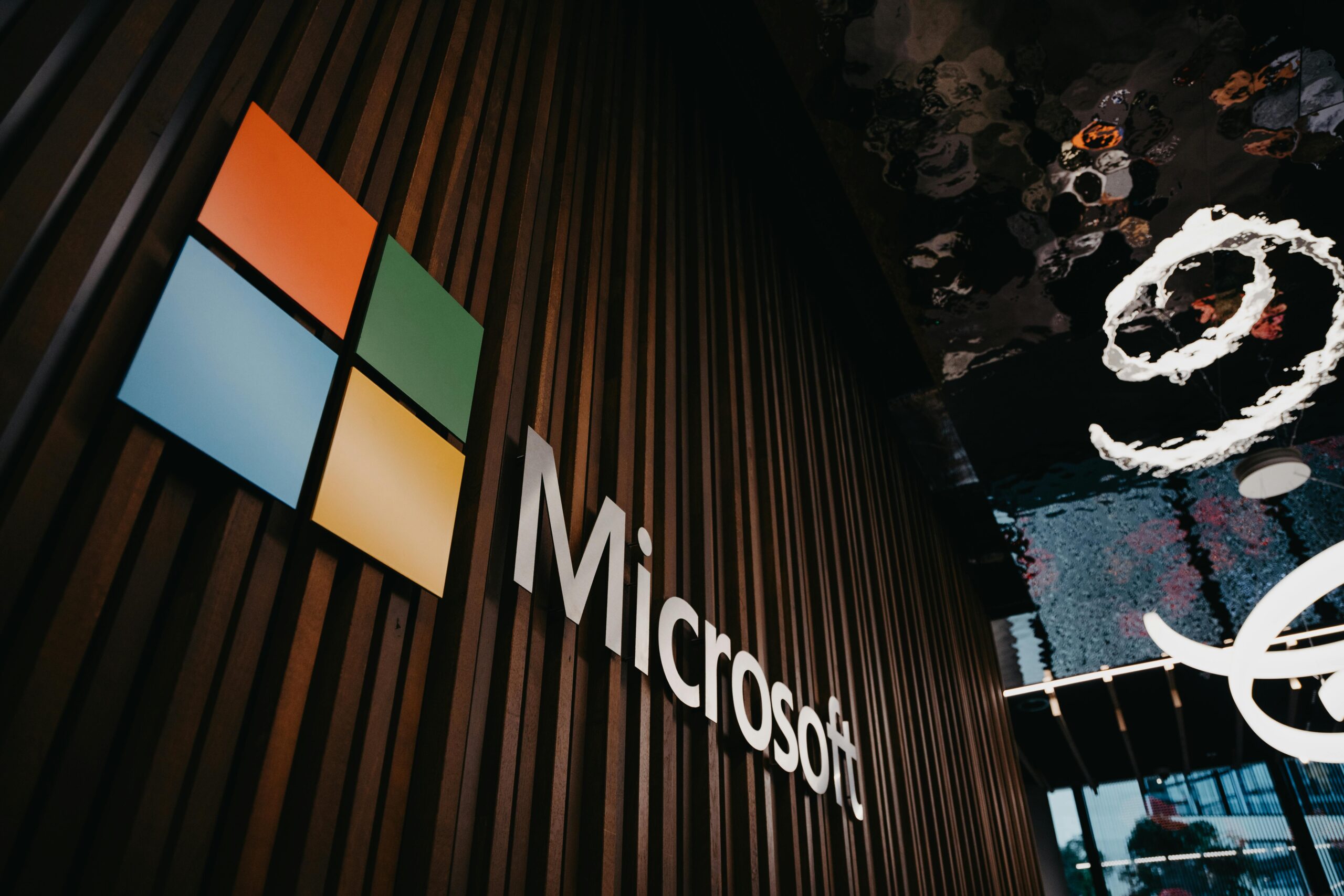In a major step to protect digital safety across Europe, Microsoft has launched a free cybersecurity program to help European governments defend themselves against rising cyber threats. This new initiative, which was officially announced on Wednesday, June 4, 2025, aims to protect against advanced attacks — especially those enhanced by artificial intelligence (AI).
Microsoft Vice Chair and President Brad Smith revealed the program during an interview, highlighting its importance as Europe faces a growing number of cyberattacks. Many of these threats have been traced back to state-sponsored hackers from Russia, China, North Korea, and Iran.
“We want to bring to Europe what we’ve already built in the United States,” said Smith. “That would mean stronger cybersecurity protection for more European institutions.”
The program focuses on improving information sharing, especially about threats powered by AI. It is designed to help governments identify, prevent, and disrupt cyberattacks before they cause major damage.
This move comes at a time when both cybercrime and AI-driven disinformation campaigns are spreading faster than ever. Microsoft’s offer to protect European government networks, and to do it for free, has been seen as a significant step forward in global cybersecurity collaboration.
Combating AI Threats with AI Tools
Cyber attackers are increasingly using generative AI to carry out more powerful and damaging attacks. These include attacks on critical infrastructure, the spreading of fake news, and the creation of deepfake videos and audio meant to mislead the public.
One of the most famous examples occurred in 2022, when a fake video of Ukrainian President Volodymyr Zelenskiy appeared online, falsely showing him surrendering to Russian forces. In 2023, a fake audio clip also affected the Slovakian election, raising fears about how easily AI-generated content can influence real-world events.
However, Brad Smith emphasized that AI isn’t just a threat — it can also be used as a defensive weapon.
“We have not seen any use of AI that can outsmart our detection systems,” Smith said. “Our goal is to keep AI developing faster as a tool for defense than for offense.”
Microsoft monitors all its AI tools carefully. If someone tries to use its AI models for illegal or harmful purposes, the company steps in to block access. This includes known cybercriminals and other bad actors who may attempt to abuse its products.
The company’s AI safety systems can detect and prevent most misuses. But Microsoft continues to improve its safeguards, especially as deepfakes — fake videos, audio, and images generated using AI — become more convincing and harder to spot.
Smith explained that, so far, audio deepfakes have been more believable than video ones. This highlights the importance of improving tools that can detect such content and stop its spread.
Free Cybersecurity to Strengthen European Digital Infrastructure
Microsoft’s free offer to European governments covers advanced cybersecurity tools and support services. It includes real-time threat detection, AI-powered monitoring, and faster communication between government agencies and cybersecurity experts.
This program is especially valuable now, as Europe deals with elections, energy crises, digital transformation, and increasing geopolitical tensions. Cybersecurity is more important than ever to protect democracy, infrastructure, and national security.
Microsoft has not revealed every detail yet but promised more announcements later in the month. This could include new features or expansions of the program to include cities, agencies, and even small countries that lack resources to build strong digital defenses.
Governments are not the only ones benefiting. This program could eventually lead to broader public-private cooperation, where tech companies, security agencies, and researchers work together to create safe and secure AI technologies.
Experts say such partnerships are critical, especially when dealing with complex, global cyber threats. AI tools are evolving rapidly, and companies like Microsoft are among the few that have both the technology and the experience to handle such challenges.
Microsoft’s Global Cybersecurity Leadership
Microsoft’s new cybersecurity effort adds to its growing role in international digital safety. Over the past few years, the company has invested heavily in AI safety, cloud security, and government partnerships.
In the United States, Microsoft has already provided similar cybersecurity services to protect critical sectors like energy, defense, healthcare, and elections. Now, it is using that experience to help Europe — a region that has become a top target for cyberattacks.
Smith said Microsoft’s decision to offer the service for free is part of its responsibility as a global tech leader. “We must use our tools not just for business, but for the public good,” he said.
While Microsoft is a business and earns money from many of its cybersecurity products, this initiative shows that the company is also focusing on long-term trust, reputation, and global stability.
Conclusion: AI, Cybersecurity, and the Future of Europe
As cyber threats grow more dangerous and harder to detect, partnerships like this between governments and tech companies are becoming essential. Microsoft’s decision to offer free cybersecurity help could set a new standard for how companies support public institutions.
This program may not solve all of Europe’s cybersecurity problems overnight, but it’s a significant step in the right direction. With stronger defenses, smarter tools, and better cooperation, Europe can better protect itself from AI-powered cyberattacks — and Microsoft is promising to be a key part of that journey.










